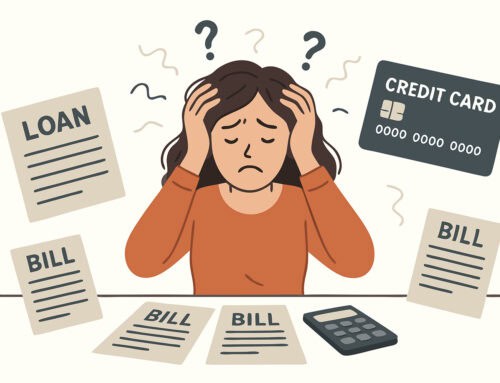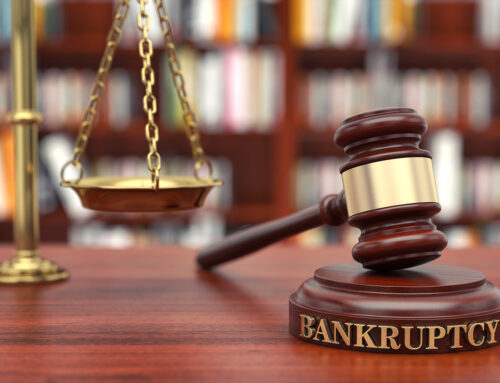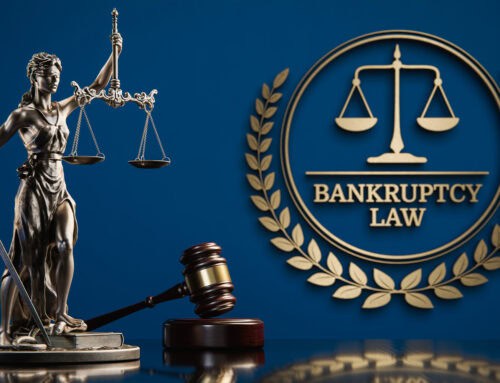Do I Have To Go To Court When I File Bankruptcy?
The judicial system is one of three government branches designed as part of the U.S. system of checks and balances. Its purpose is to balance power, ensure laws align with the U.S. Constitution, and provide criminal and civil remedies where the law is breached. Still, many people feel anxious when it comes to navigating the court system and appearing in court. Fortunately, a court appearance is not required for bankruptcy cases. The only requirement, generally, is attendance at a Meeting of Creditors.
The 341(a) Meeting of Creditors
Unlike a typical court proceeding heard in front of a judge, the bankruptcy Trustee presides over creditors’ meetings in a bankruptcy case. The Trustee, whose job is to ensure the accuracy of all assertions made in the filing and oversee the distribution of payments to creditors, is randomly assigned at the filing of the case. The meeting is typically held about a month after the case is filed. Your meeting will likely be held in an office or meeting room as opposed to a courtroom, so you can breathe a sigh of relief if the thought of being in a courtroom gives you anxiety.
The meeting of creditors is very brief, with most meetings taking approximately five minutes. The trustee would have reviewed the information in the bankruptcy filing and all supporting documentation before the hearing. The trustee uses the meeting to clarify questions that linger after their review and confirm everything has been submitted and is accurate.
Avoiding the Risk of Fraud
Fraudulent bankruptcy filings sometimes can and do occur. There is a difference between making a mistake and participating in the fraud. Part of the trustee’s role is to ensure the legitimacy and accuracy of the bankruptcy filing, including the claim, the ability of the debtor to pay, and the accuracy of the supporting documentation. To a large degree, the meeting of the creditors is used to confirm these things with everyone present.
There is no reason to be alarmed or nervous when it comes time to attend the meeting. If you have an attorney, they will attend with you. At the meeting, you will provide credentials to affirm your identity, such as your driver’s license and social security card. You will then swear-in so that your answers are considered testimony taken under oath, which means that false statements can be considered as perjury and prosecuted as such. A brief series of questions then follow, typically answered with a simple “yes” or “no.”
Common questions the Trustee asks:
- Do you owe or receive any support in the form of child support, alimony, etc.
- Have you transferred any assets to friends or family members recently?
- Is your current address and contact information correct?
- Have you accurately reflected your total assets and debts in your paperwork?
- Have you reviewed the filing and supporting documentation for accuracy and ensured everything is captured?
- Are there any corrections to the filing or supporting documentation that should be made?
- Are the employment and income listed in the documentation correct?
- Have you ever used another social security number or name?
You will receive a handout at (or probably before) the meeting of creditors. The handout provides information on your bankruptcy filing. The trustee will most likely ask you if you received and read the short, informative handout. While there is no quiz or confirmation, it is best to read everything you’re given.
That’s it! After the short meeting, you should expect the discharge to occur within 60-75 days.
COVID-19 Update
The creditors’ meeting for bankruptcy cases in California are currently being done remotely via Zoom or by phone as a precaution to the COVID-19 pandemic. There is no current date for when things will go back to normal.
Obtain Help From a Qualified Bankruptcy Attorney
The vast majority of bankruptcy filings proceed successfully with no issues. There is no reason to expect that your filling won’t follow the same path or harbor undue stress and anxiety over the common process. To help relieve your fears and ensure a smooth process, you can enlist the help of a bankruptcy attorney to partner with you through the endeavor. With a little help, you can quickly navigate the bankruptcy and move on to a fresh financial start. Call us at 805-494-8400 to schedule a free consultation.
Disclaimer: This article is intended for informational purposes only and does not constitute legal advice. For personalized assistance, please contact our office at (805)494-8400.





